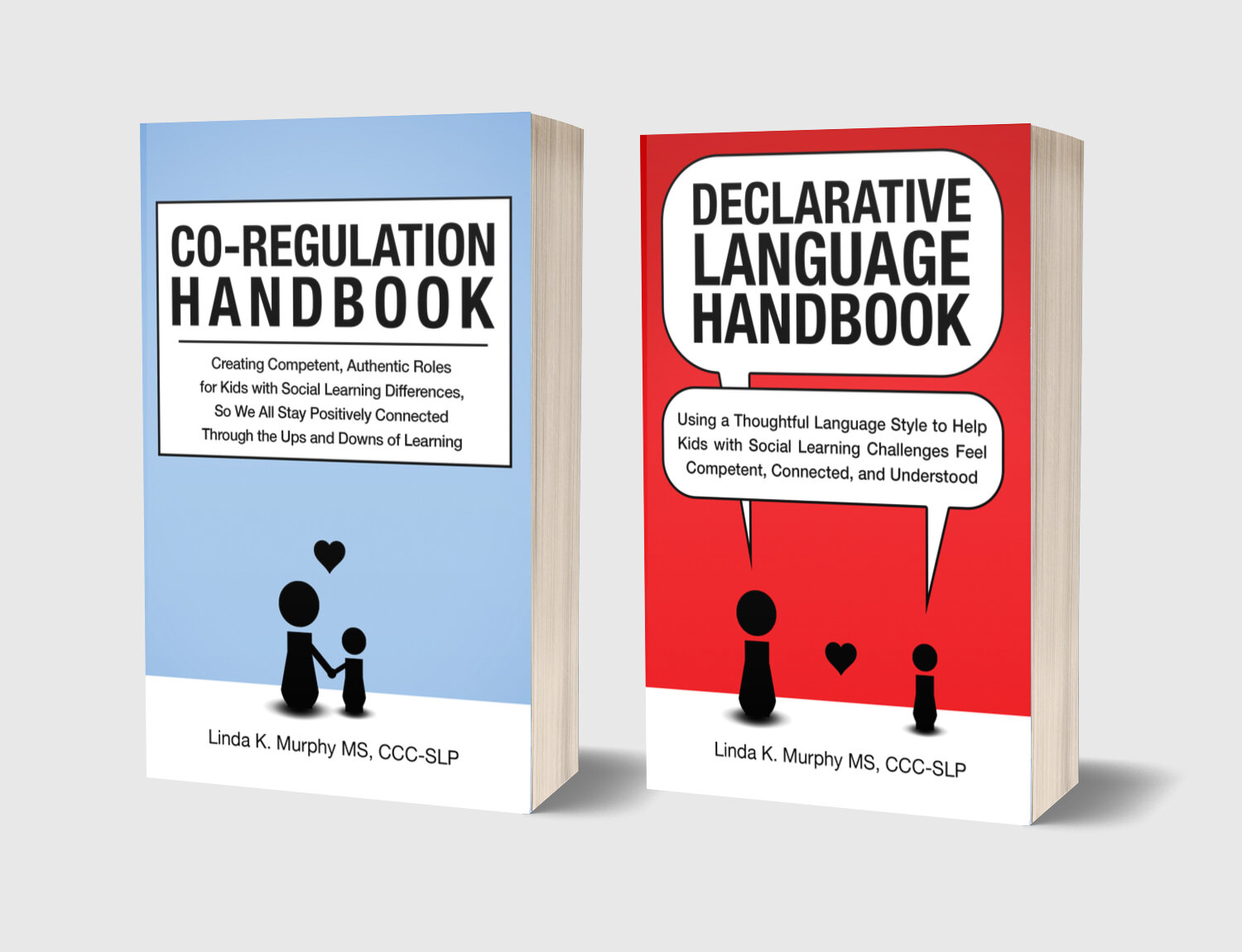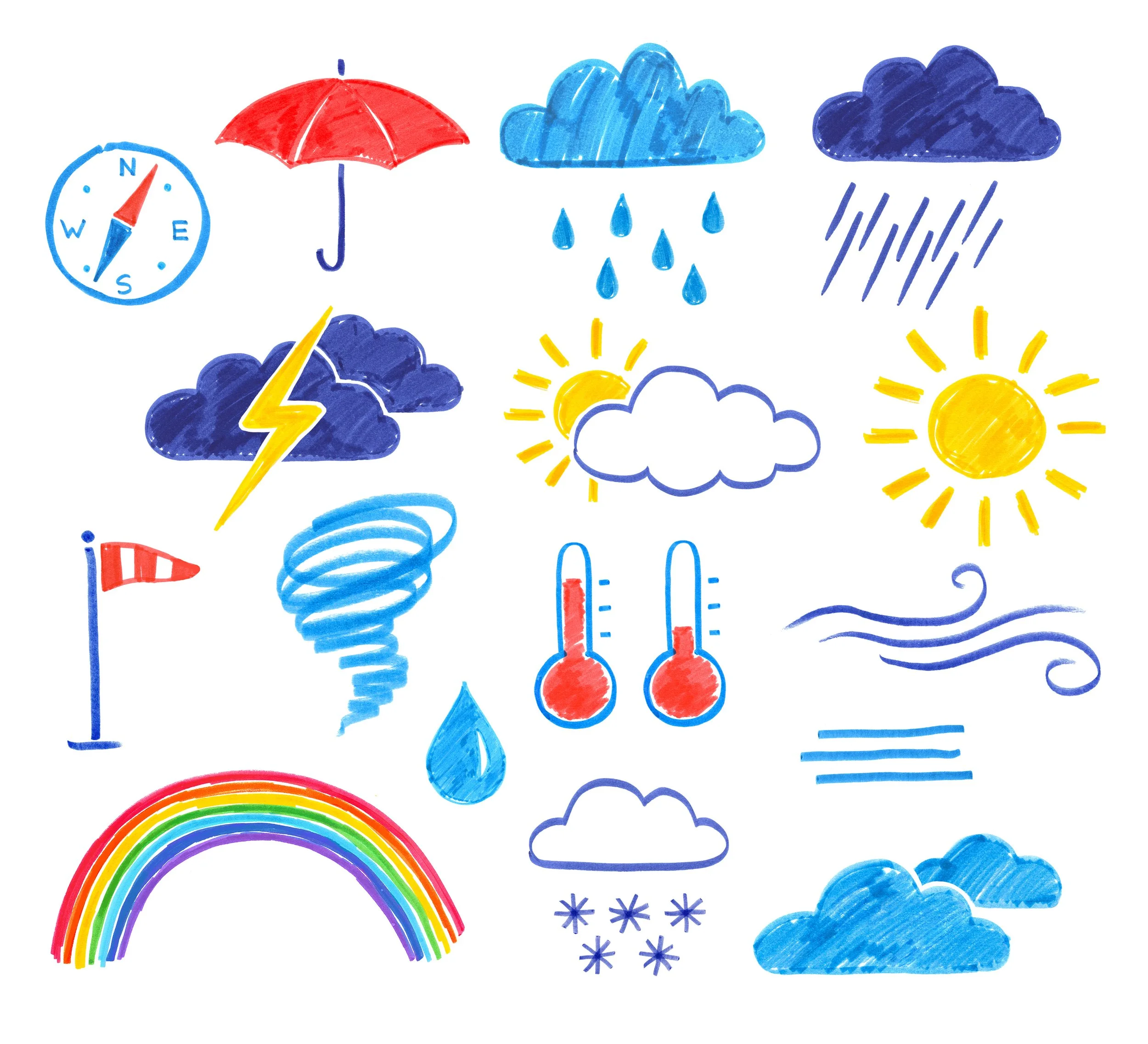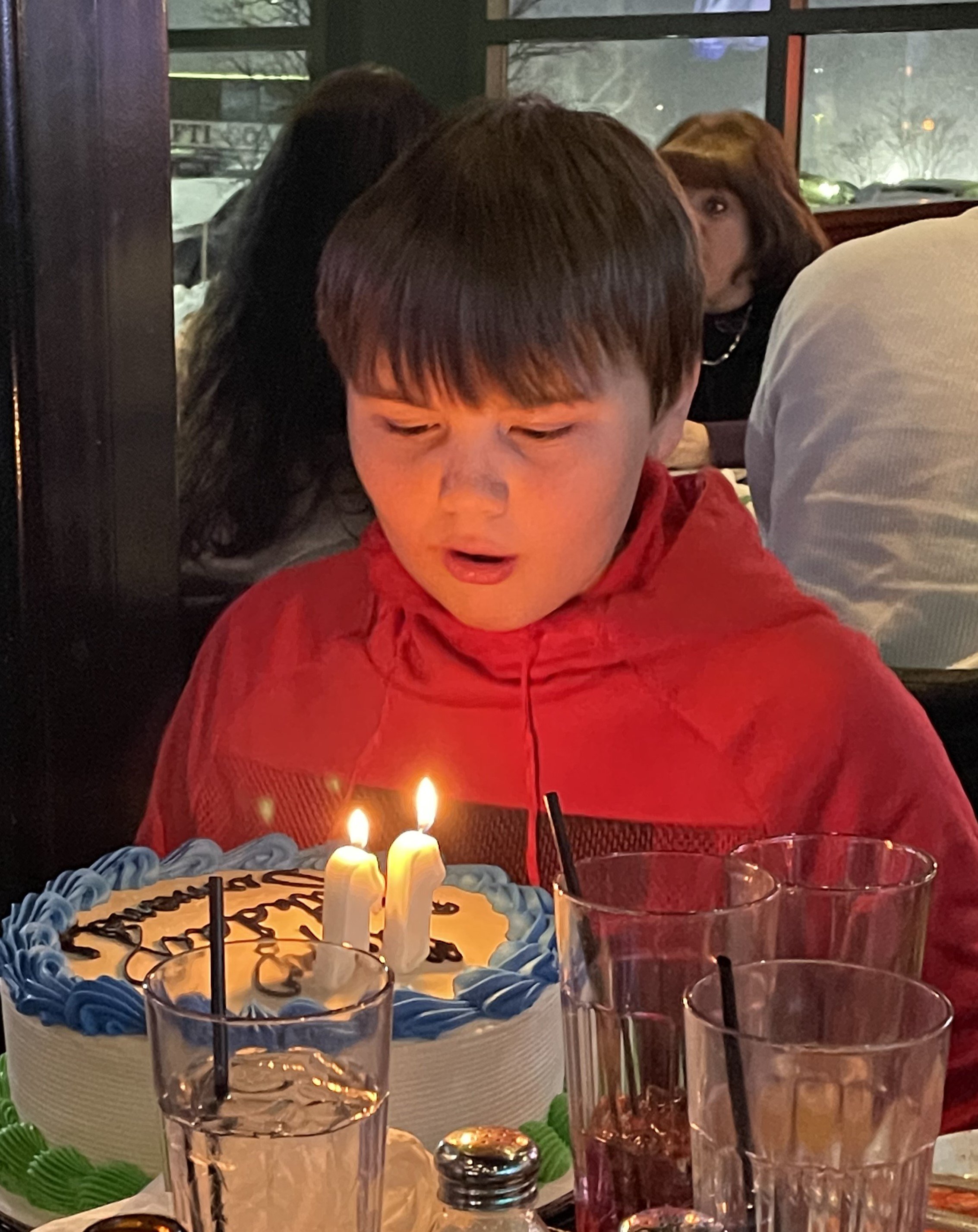The Day Desmond Was Born
Desmond turned 11 this weekend!
Which reminded me of a story that I’d like to share with you. I share part of this story in Co-Regulation Handbook, Chapter 3: Managing Ourselves: How are Self-Regulation and Co-Regulation Related? and I thought this would be a good opportunity to share all of it.
In this chapter of Co-Regulation Handbook, I talk about a client of mine named Teddy. You may have a “Teddy” in your life, and if so I hope this story helps you.
In 2014, I did a classroom observation of Teddy for his family because he was having some behavioral challenges. Specifically, he was asking a lot of “off-topic” questions and his teachers were trying to get him to stop. When his questions weren’t answered, he would have outbursts, which could be shouting or physical in nature.
(Side Note: I recently wrote a post exploring the communicative pattern of question-asking in depth, which you can read here.)
When I wrote my observation report, I described what I was seeing through a co-regulation lens, and explained how I viewed his “challenging behaviors” as moments of dysregulation. I remember carefully choosing my words as I tried to introduce these ideas, which were different from the norm at the time, to a team who was using a very different approach. Here is what I wrote:
Being someone who has known Teddy for several years, and who has seen him across settings and with a variety of communication partners, I say with firm belief that Teddy asks questions of others in order to ease his anxiety, as a means of regulating to his communication partner in an ongoing way (i.e., co-regulation), and to form and strengthen relationships with others over time. When feeling confident, comfortable, and competent, Teddy’s questions decrease, and he becomes more open to learning new things and engaging in new challenges.
Our focus during his sessions with me, and in working with Teddy’s parents, has always been to strengthen Teddy’s overall feelings of competence so that he can more independently engage. Though certainly at times his questions can take his attention away from a task at hand or an adult agenda, not answering his questions can lead to dysregulation, undue stress, and ultimately an even greater inability to attend to tasks and engage with others. In my opinion, questions serve a vital communicative purpose for Teddy and are not a behavior to be extinguished. Rather, our long-term goal is to help Teddy self-manage his need to ask questions.
Teddy’s team at school disagreed with me, and called his question-asking a perseverative and interfering behavior that did not serve a greater purpose other than to avoid work.
I felt sad and my voice felt so small.
But I somehow found the courage to persist because I knew Teddy needed me to:
Teddy’s language style and ways of interacting and remembering others is unique, yet a way that works for him. As he gathers information from others, it helps him make sense of the world and relationships. Answers to questions provide him the security that he needs to open himself up to further learning.
I believe that some questions help him feel safe when meeting new people, as well as when reconnecting with familiar partners. For example, although Teddy may not ask people what their name is, he will often ask what their birthday is or talk about their address (or in my case, my sons’ birthdays, or my office suite number). This is, in my opinion, his way of greeting others in a way that supports him to recall and remember who they are, helps him to recognize if he has met them in the past, and subsequently helps him to organize his thoughts and language toward that person.
And here is where Desmond comes in! I will always remember the weather when he was born. It was pouring rain - a torrential downpour - the night he was born and into the next day. So much so, that I felt worried about family members driving to see us.
I believe a large part of why this information is stored so well in my memory, and is so close to my heart, is because it mattered to Teddy:
Each time I see Teddy he asks me about my children. Typically, he begins by asking questions that he usually knows the answer to (e.g., when are their birthdays); this I feel is his process of getting comfortable and re-regulated to me as his communication partner. He then always eases into less familiar content area. At times he may repeat questions that he has asked previously, but that are not as solidly known as the first round of questions - for example: what was the weather like the day they were born?
I still think about the days that Teddy asked me this question, and how touched I was that he wanted to know. I loved having the opportunity to remember and answer, and I know it brought us closer. No one had (or has, even to this day!) asked me this question about my kids!
But it is just so special to think about, isn’t it?
(And for the record, it was sunny the day Freddie was born).
I then continued on to explain how this process with Teddy strengthened our relationship:
Then, inevitably we enter into new content area that cannot be predetermined by Teddy or myself. This is because, I as offer and share additional information with Teddy, he listens and learns new things about me and my children, which then leads to new knowledge and conversational fodder. In addition, I learn more about Teddy during these interactions by listening to and observing his responses; in these moments I know our relationship is truly growing because he cares about my life, and I care about his.
This is the process by which all people develop relationships with others, and although Teddy’s style of communicating and speaking is individual and unique to him, he forms and deepens relationships nonetheless. For a child who struggles with social communication and relationship building, it is important to recognize this pattern and honor it as communication; dismissing it as perseverative or an interfering behavior, in my opinion, disrespects who Teddy is.
I next talked about how being present in the moment with Teddy would inevitably lead to opportunities for growth:
When we do recognize and honor Teddy’s unique communication style, and when we as communication partners open ourselves in this way to Teddy’s pattern of communicating, we can see that there is give and take in the interaction and firm relationship building.
Within these interactions, Teddy sits with and manages the uncertainty of not knowing what information may be added to his growing knowledge of the other person, and this then in turn grows into new curiosity about that person in a healthy, but unique, way, and importantly, in a way that Teddy is successfully able to manage and organize.
11 years after that rainy day Desmond was born, and 9 years after I wrote this report, I am thrilled to see how the world is changing for learners like Teddy. I can see our community growing, and more people are recognizing and responding to communication in all its amazing forms.
Thank you for being part of this change!
What was the weather like on the day your child was born?
Please leave it in the comments, because I’d love to know!
Happy birthday Des!
Join us in a supportive, intimate setting where you can receive individualized guidance on how to adjust your level of support, while also connecting with other parents and professionals who want the same things you do! Our next workshop starts on March 2nd.
Want CEU’s?
Come learn about these concepts with me during a live webinar on March 13!
Sunday Snippets of Support
If you like them, you can receive them directly to your inbox here!












